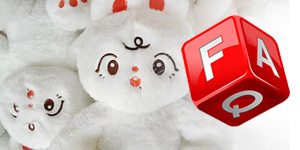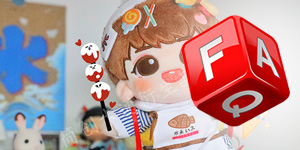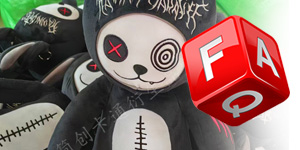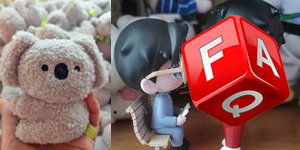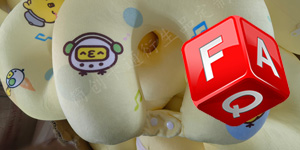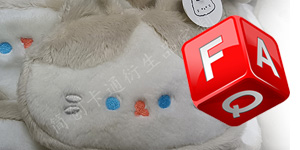plush toys bring joy and comfort to people of all ages, and behind every cuddly creation is a plush toy factory. These factories play a crucial role in the production of soft, huggable companions that become cherished playmates and collectibles. In this article, we delve into the fascinating world of plush toy manufacturing and explore the key aspects of a plush toy factory.
-
Factory Setup and Infrastructure:
Plush toy factories typically feature well-equipped facilities designed for efficient production. They house specialized machinery for cutting, sewing, stuffing, and finishing plush toys. The factory layout ensures a smooth workflow, with designated areas for material storage, production lines, quality control, and packaging. -
Materials and Design:
Plush toys are made using a variety of materials, such as polyester fibers, plush fabric, and stuffing materials like cotton or synthetic fibers. The selection of materials depends on factors like desired softness, durability, safety standards, and specific customer requirements. Skilled designers and pattern makers create detailed patterns and prototypes to bring plush toy designs to life. -
Manufacturing Process:
The plush Toy Manufacturer process involves several stages, including pattern cutting, sewing, stuffing, detailing, and quality control. Automated machines and skilled workers collaborate to ensure precise cutting and sewing, resulting in consistent and high-quality products. Stuffing machines carefully fill the toys with stuffing material, while skilled artisans add eyes, noses, and other details by hand. Stringent quality control measures are implemented to guarantee safety and adherence to design specifications. -
Customization and Branding:
Plush toy factories cater to the diverse needs of their clients, offering customization options to create unique products. They work closely with customers to develop custom designs, colors, sizes, and features that align with their branding or specific requirements. Customization may involve embroidery, screen printing, or adding accessories to enhance the toy's appeal. -
Compliance and Safety Standards:
Responsible plush toy factories prioritize safety and compliance with international regulations. They ensure that materials used are free from harmful substances and adhere to safety standards such as ASTM F963 and EN71. Factories conduct rigorous testing, including flammability, choking hazard, and durability tests, to ensure their products meet or exceed industry standards. -
Sustainability and Ethical Practices:
With increasing global awareness of environmental issues, plush toy factories are embracing sustainable practices. They strive to minimize waste, use eco-friendly materials, and implement energy-efficient processes. Ethical considerations are also important, with responsible factories ensuring fair labor practices, safe working conditions, and social responsibility throughout their supply chains.
Conclusion:
Plush toy factories are the creative hubs where soft and lovable companions come to life. From concept to production, these factories blend artistry, craftsmanship, and technology to manufacture cuddly toys that bring joy to people worldwide. Through adherence to safety standards, customization options, and sustainable practices, plush toy factories continue to innovate and provide delightful companions for both children and adults.









